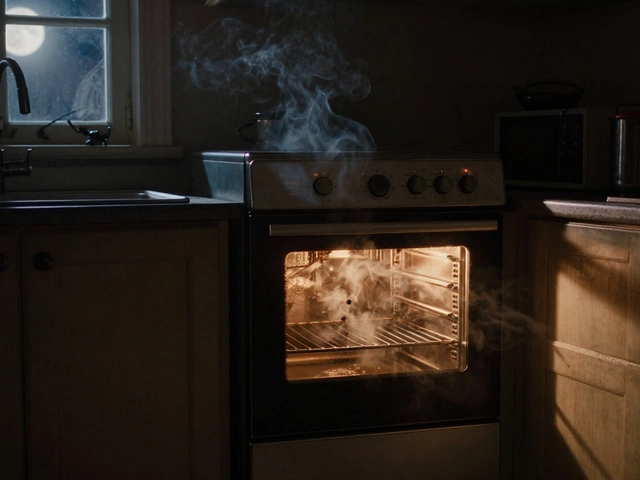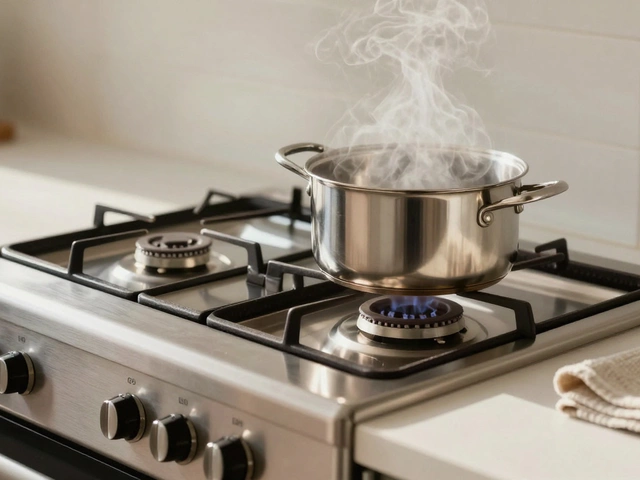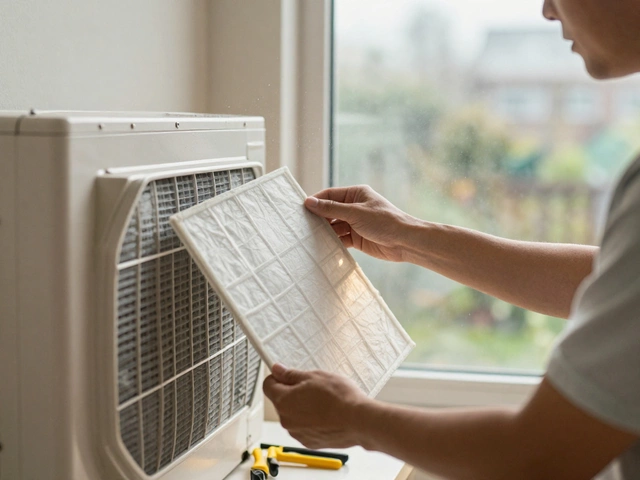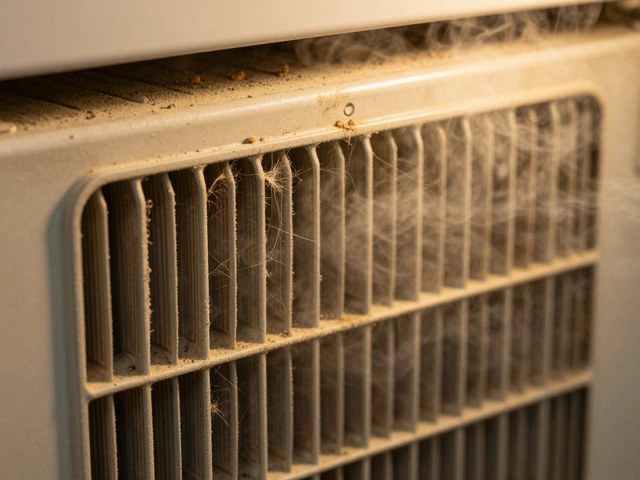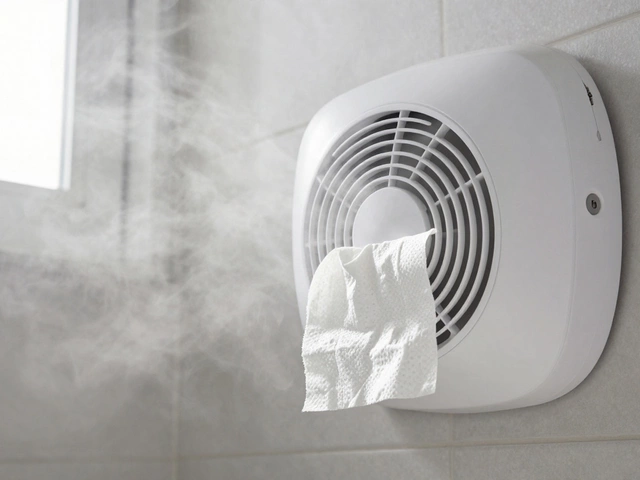Boiler Troubleshooting: Quick Fixes for Home Heating Woes
When the house gets chilly and the boiler sputters, panic kicks in. But most issues are easier to spot than you think. Below are the most common signs, simple checks you can do yourself, and clear pointers on when to grab a qualified technician.
Common Boiler Problems You’ll Meet
Even a well‑maintained boiler can develop hiccups. Here are the top three culprits:
- No heat or hot water: Often caused by a dead thermostat, low water pressure, or a tripped safety valve.
- Strange noises: Gurgling or banging usually means air in the system or a build‑up of limescale.
- Leaking water: Leaks can appear around the pressure valve, pump, or pipe joints and usually signal a seal failure.
Knowing these symptoms helps you decide if a quick fix is enough or if a pro should be called.
Step‑by‑Step Boiler Troubleshooting
1. Check the pressure gauge. Most boilers work best at 1–1.5 bar when cold. If it’s below 1, you’ll need to top it up. Locate the filling loop, open the valves slowly, and watch the gauge climb. Shut the valves once you hit the right level.
2. Reset the boiler. A safety lockout can happen after a power cut or an overload. Find the reset button (usually on the front panel), press it, and wait a minute. If the flame lights and the pump runs, you’ve solved it.
3. Examine the thermostat. If the room temperature stays low, the thermostat may be set wrong or dead. Try raising the temperature setting a few degrees. If nothing happens, replace the thermostat batteries or the whole unit.
4. Bleed radiators. Air trapped in radiators causes cold spots and noise. Use a radiator key to open the bleed valve until water flows out, then close it. This often quiets the boiler and restores heat.
5. Look for obvious leaks. Check around the pressure valve, pump, and pipe connections. A small drip can be tightened with a wrench, but if you see corrosion or a spray, stop using the boiler and call a professional.
6. Inspect the fan and igniter. A whirring fan that stops quickly or a clicking igniter that never sparks can block ignition. Clean away dust, but if the issue persists, it’s best left to a certified engineer.
If after these steps the boiler still won’t work, don’t keep tinkering. Modern boilers have complex safety systems; a licensed technician can run pressure tests, check the heat exchanger, and safely replace parts.
Regular maintenance cuts down on breakdowns. A yearly service—covering gas checks, oil filter changes, and system cleaning—keeps the boiler efficient and extends its life. Think of it as an oil change for your home’s heating heart.
Bottom line: most boiler hiccups can be identified in under ten minutes with a pressure gauge, a bit of water, and a reset button. When the problem involves gas, major leaks, or persistent fault codes, call Weymouth Appliance Repair Services. Our certified engineers handle everything from simple resets to full boiler replacements, ensuring you stay warm without the stress.
Is it Worth Repairing a Boiler?
- Alden Wilder
- Feb 20 2025
- 0 Comments
Deciding whether to repair or replace a boiler can be tricky. This article explores the key considerations, including age, efficiency, and cost of repairs, to help homeowners make informed decisions. It sheds light on common boiler issues, the lifespan of typical systems, and when a repair could be just a quick fix versus when replacement might be the wiser investment. Practical tips and interesting facts are provided to navigate boiler troubles with confidence. By understanding the functioning and frequent challenges of boilers, you can ensure warmth all winter without breaking the bank.
View More
